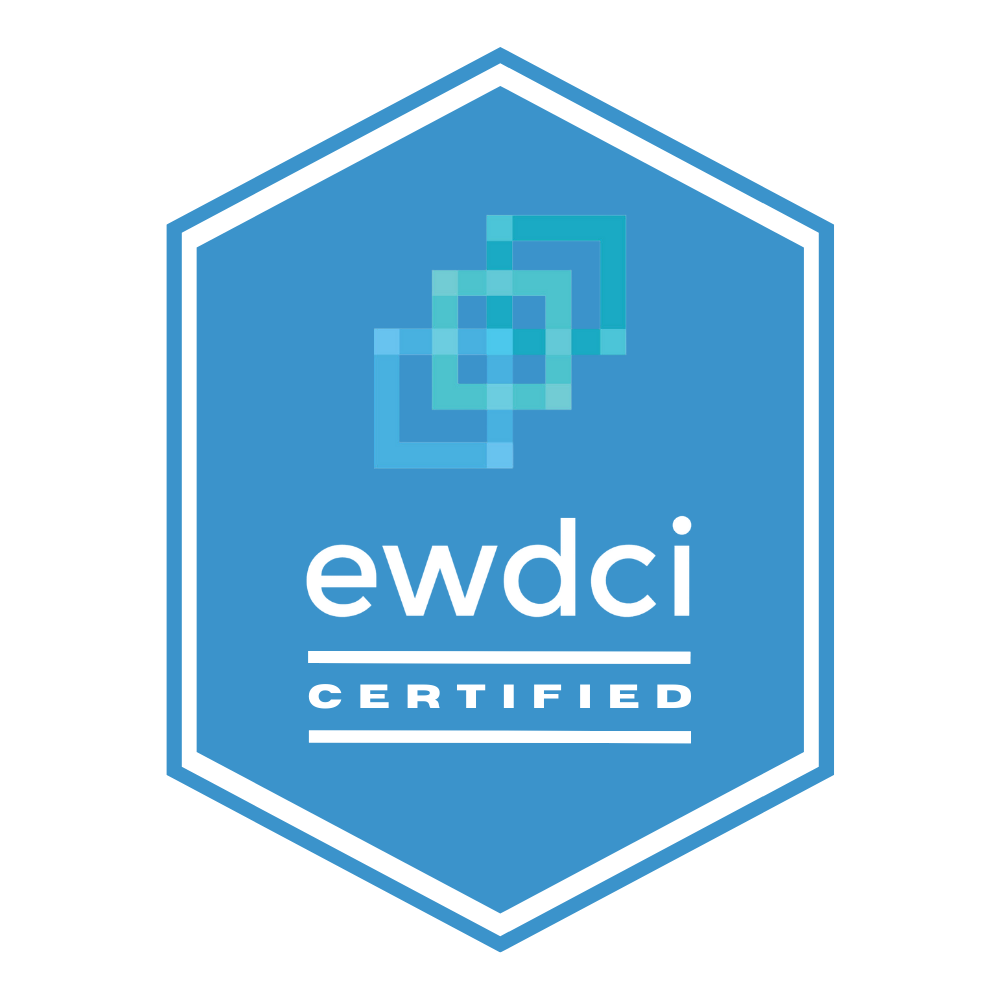Navigating the complex currents of the digital landscape, you employ a powerful Scraping API to efficiently harvest valuable structured data from the uncharted depths of the internet.
As you delve deeper into different scraping API use cases, you discover that this technological tool not only simplifies data retrieval but also adapts to an array of scenarios, transforming the tumultuous waves of raw web content into accessible data ripe for analysis.
Setting sail with your Scraping API, you equip yourself with a robust framework that adeptly circumvents potential legal and technical whirlpools, ensuring that your data extraction voyage is both smooth and compliant.
Key Takeaways

- Scraping APIs automate the extraction process, making it easier to gather structured data from websites.
- Structured data allows for efficient analysis and utilization of collected information.
- Setting up a Scraping environment involves choosing a programming language, selecting a suitable API, and testing the setup.
- Best practices for data extraction include limiting request rates, using API keys, validating data, and handling errors gracefully.
Understanding Scraping APIs
Scraping APIs are tools that you use to programmatically collect structured data from websites. These APIs are your go-to when you need to automate the extraction of information, whether it’s for market research, price monitoring, or even lead generation. They work by making requests to a target website, parsing the HTML content, and then organizing the data into a structured format like JSON or CSV that’s easy for you to use.
You’ll find that these APIs save you time and hassle compared to manual data collection. They’re designed to handle large volumes of data with speed and precision, ensuring you get the information you need without getting bogged down in the details of web Scraping.
The Importance of Structured Data
Understanding the significance of structured data is crucial, as it allows you to efficiently analyze and leverage the information you’ve collected through a Scraping API. When data is neatly organized into fields and records, you can quickly sift through it, identifying patterns and insights that drive strategic decisions. It’s not just about having the data; it’s about making it work for you.
Structured data meshes well with various tools and applications, enabling smooth integration and automation. You can feed it directly into your analytics platforms, databases, or machine learning models with minimal fuss. This streamlined approach saves you time and resources, making your data extraction efforts significantly more valuable.
Setting Up Your Scraping Environment
Transitioning from the why to the how you’ll need to establish a stable and efficient Scraping environment that aligns with your structured data goals.
First, pick a programming language you’re comfortable with; Python is often a go-to due to its powerful libraries like BeautifulSoup and Scrapy.
Next, set up a virtual environment to manage dependencies without cluttering your system. You’ll also want to choose an API that can handle the complexities of Scraping while abiding by legal and ethical considerations.
Install the necessary packages and test your setup with a simple Scraping task. Remember, you’re aiming for a balance of robustness and simplicity—your environment should be resilient to changes in web structures but not overburdened with unnecessary tools.
Best Practices for Data Extraction
To ensure your API’s effectiveness, you’ll want to adhere to a set of best practices that maximize data quality and minimize disruptions during extraction. Here’s how you can achieve that:
- Respect the Source
- Limit your request rate to avoid overloading the server.
- Use API keys if provided, to foster a trusting relationship.
- Check robots.txt to honor the site’s guidelines.
- Ensure Data Integrity
- Validate data before integrating it into your systems.
- Handle errors gracefully to maintain stability.
- Keep your extraction patterns updated to adapt to changes in the data structure.
- Optimize Your Approach
- Cache results to reduce redundant requests.
- Use efficient parsing methods to speed up processing.
- Schedule extractions during off-peak hours to be considerate and resourceful.
Handling Common Scraping Challenges
Scraping roadblocks, such as CAPTCHA challenges and IP bans, can disrupt your data extraction process, but you’ll find practical strategies to overcome them here.
When you’re faced with CAPTCHAs, consider using API services that can solve them for you. They’re not foolproof, but they’ll get you past many hurdles.
If you’re hitting IP bans, it’s time to rotate your IP addresses. Use a pool of proxies to mask your activity and mimic different users across the globe.
Also, pace your requests. Bombarding a site with too many requests too quickly is a surefire way to get blocked. Instead, throttle your Scraping speed to fly under the radar.
Lastly, always check the website’s robots.txt file to adhere to their Scraping policies.
Leveraging Extracted Data for Business
With the structured data you’ve extracted, you can now fuel your business strategies and make informed decisions that drive growth. Imagine harnessing this data to:
- Outshine competitors
- Identify market trends before they do
- Tailor products to meet customer needs
- Optimize pricing strategies dynamically
- Enhance customer experiences
- Personalize interactions and recommendations
- Streamline customer service processes
- Predict and solve problems before they affect customers
- Drive innovation
- Spot emerging technologies early
- Adapt business models to stay ahead
- Develop groundbreaking products based on real-world data
Feel the excitement as you tap into these insights, transforming them into actions that not only resonate with your audience but also bolster your position in the market.
FAQ:
What is Structured Data Extraction?
Structured data extraction refers to the process of collecting and organizing data that follows a specific format or structure from various sources, often for analysis or to feed into a different system for further processing.
How does a Scraping API facilitate Structured Data Extraction?
Scraping API facilitates structured data extraction by providing pre-built functions to parse HTML or other types of web content. It often includes features that can identify and extract specific data points like prices, product names, or contact information in a structured format like JSON or CSV.
What is a typical use case for Structured Data Extraction with a Scraping API?
A typical use case involves e-commerce where business analysts might use a scraping API to extract product details, such as names, descriptions, prices, and reviews from competitor websites for market analysis and pricing strategies.
What kind of data formats can be extracted using a Scraping API?
A scraping API typically extracts data in standard formats such as JSON, CSV, or XML. These formats are easily integrated into various databases and applications for further processing.
How does a Scraping API handle dynamic content in Structured Data Extraction?
Many scraping APIs can execute JavaScript and wait for asynchronous requests to complete, which allows them to scrape data from websites that load content dynamically through AJAX calls or other client-side scripts.
Is Structured Data Extraction with a Scraping API legal?
The legality of structured data extraction greatly depends on the website’s terms of service, geographic location, and what data is being extracted. It’s always recommended to review the legal guidelines and ensure compliance with the law and web scraping ethics.
Can I customize the data fields extracted using a Scraping API?
Yes, most scraping APIs allow for the customization of data fields. You can specify the exact data points you’re interested in extracting, typically by setting up custom selectors or using API parameters.
How do I handle pagination when extracting structured data with a Scraping API?
Handling pagination involves setting up your scraping API requests to iterate through the pages of a website, oftentimes by manipulating the URL parameters or interacting with the pagination controls, and extracting data from each page in turn.
What are the challenges of Structured Data Extraction with a Scraping API?
Challenges include:
- Websites changing their structure or adding anti-scraping measures
- Managing rate limits and IP bans
- Ensuring the accuracy and completeness of extracted data
- Navigating through complex data structures or dynamic content





















